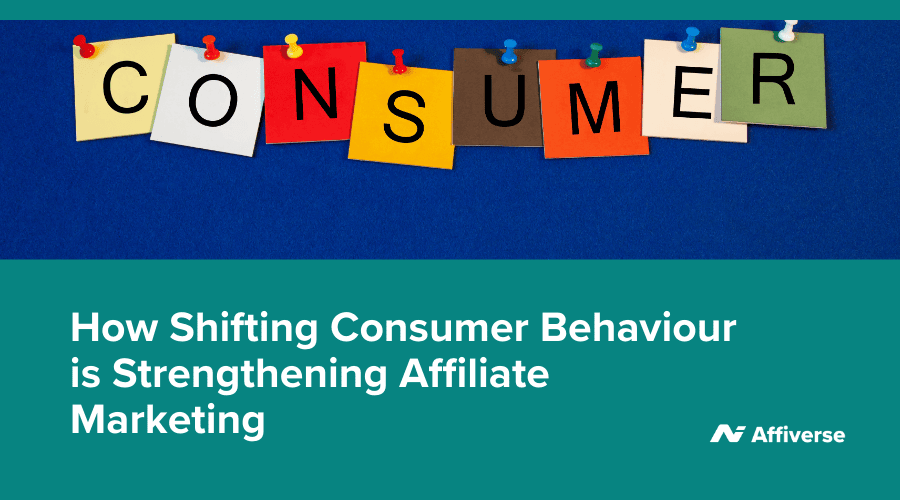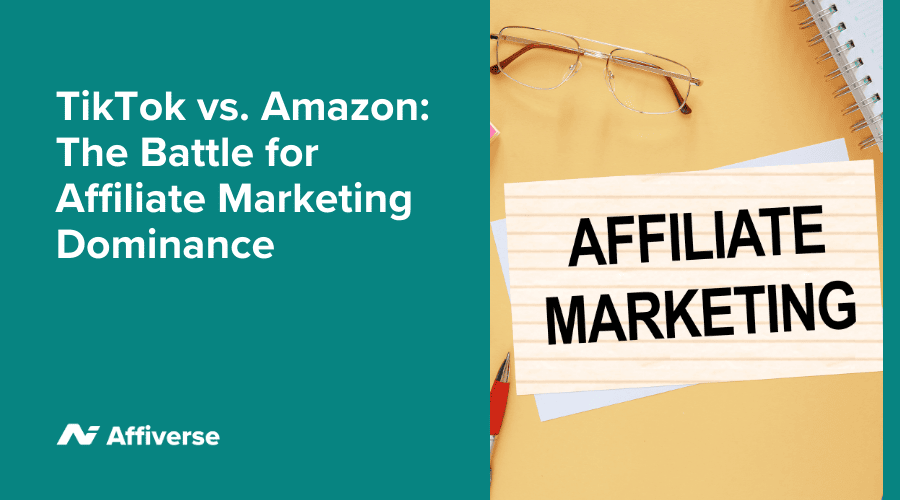In the news, The Federal Trade Commission (FTC) has made its position clear: deceptive claims about artificial intelligence (AI) simply won’t be tolerated. In a significant move, to crackdown on businesses making misleading or exaggerated claims about their products and services on consumer reviews as a result of using AI tools to create fake content. This initiative aims to protect consumers from falling prey to schemes that over-promise and under-deliver, which can lead to financial losses, privacy violations, and other harmful consequences. You can access the full official release statement here.
In an era where AI is increasingly part of everyday life, from voice assistants to complex decision-making systems, consumers must be able to trust the technologies they’re engaging with. The FTC’s recent actions highlight the importance of transparency and honesty in the marketing of products to consumers.
Why Is the FTC Taking Action Now?
Artificial intelligence has been hailed as the future of technology, with companies across multiple industries jumping on the AI bandwagon. AI is being used to streamline operations, improve customer service, and even make hiring decisions. However, alongside these legitimate uses, some businesses have been stretching the truth about what products can do, misleading consumers with promises that can’t and won’t be fulfilled.
The FTC has a long history of protecting consumers from misleading advertisements and deceptive marketing practices. As AI technologies become more widespread, the agency is sharpening its focus on companies that misrepresent the capabilities or benefits of using AI-powered tools. This recent crackdown reflects a growing concern that consumers are being deceived by exaggerated claims, potentially leading to poor purchasing decisions or even privacy risks.
According to the FTC, some companies are using AI as a marketing buzzword to make their products seem more advanced or innovative than they actually are. In other cases, businesses may be overselling the benefits leading consumers to expect more than what is realistically delivered. Both scenarios can be harmful, and the FTC is determined to put an end to these deceptive practices.
Reviews and user generated content using AI will have to be disclosed in full which will also impact how affiliates are promoting products and using AI content generation tools in their businesses.
The Dangers of Deceptive AI Claims
Misleading AI claims can have serious consequences for consumers and businesses alike. Consumers might be persuaded to buy products or services that don’t live up to the advertised promises, leading to financial loss or frustration. In more severe cases, such as with AI-powered security systems or medical devices, the risks could even be life-threatening.
For businesses, making deceptive claims can backfire. Once consumers realise they’ve been misled, trust is damaged. This can result in reputational harm, loss of customers, and, as the FTC’s crackdown demonstrates, legal consequences.
Moreover, AI systems often rely on sensitive personal data to function effectively. When companies misrepresent how their AI handles this data or fail to adequately protect it, consumers are exposed to privacy violations. This is an issue the FTC has highlighted in its efforts to regulate the AI space, emphasising the need for businesses to be transparent about how their AI collects, processes, and secures user information.
Impact on the Affiliate Industry
The FTC’s focus on AI also has significant implications for the advertising and affiliate industry, particularly in the realm of online marketing. AI-driven tools are increasingly used to target ads to consumers, personalise content, and optimise content marketing campaigns. While these technologies offer substantial benefits, in terms of saving time and optimising resources they can also be prone to the same issues of overpromising and under-delivering.
Advertisers who claim their AI-powered systems can predict consumer behaviour with near-perfect accuracy or guarantee specific outcomes are likely to find themselves under scrutiny. These types of claims, if not backed by solid evidence, could be considered deceptive by the FTC.
Gayla Huber, President of Integrishield, weighed in on the matter, stressing the importance of businesses taking responsibility for their AI usage and marketing practices. She said,
“The recent news of crackdowns on AI companies by the FTC appears to be targeting AI companies making claims which would negatively impact consumers or in some cases make committing violations easier for businesses. Anyone in the consumer’s path should take note of this. Advertiser, make sure you are developing policies to ensure any use of AI is disclosed. Include what can and cannot be done with AI even if a disclosure is present. Then monitor your brand(s).”
Huber’s comments underscore the responsibility of businesses, particularly advertisers, to ensure their use of AI is transparent and ethical. It’s not enough to simply disclose that AI is being used—businesses need to clearly explain what their AI can and cannot do. Additionally, ongoing monitoring of AI systems is crucial to ensure they remain compliant with regulations and don’t inadvertently harm consumers.
What Advertisers and their Affliates Should Do Now
In light of the FTC’s recent updates and actions, all businesses need to reassess their AI-related marketing and operational practices.
Here are some steps companies can take to stay compliant and protect their customers:
- Be Honest About AI Capabilities
When marketing AI products or services, avoid making exaggerated claims. Be transparent about what your AI can actually do, and don’t overstate its abilities to attract customers.
- Disclose AI Use Clearly
If your product or service relies on AI, make sure consumers are aware of it. This includes explaining how the AI works and what kind of data it collects and processes.
- Provide Safeguards for Consumer Data
Many AI systems rely on personal data to function. Ensure that your business has strong data protection policies in place and that you are upfront about how this data is used.
- Monitor Your AI Systems
AI technology is constantly evolving. Regularly review your AI systems to ensure they are functioning as expected and remain compliant with any legal and ethical standards.
- Train Your Teams
Make sure your marketing, legal, and IT teams understand the implications of using AI. Provide training on the legal and ethical responsibilities associated with AI and how to avoid making deceptive claims.
Conclusion
The FTC’s crackdown on deceptive AI and fake content claims serves as a warning to businesses across all sectors. As AI becomes more integral to modern technology, companies must prioritise transparency, honesty, and consumer protection. By following best practices and ensuring that AI is used responsibly, businesses can avoid legal pitfalls and build stronger, more trusting relationships with their customers.
Consumers, too, should remain vigilant and question the claims made by companies about their AI products. With the FTC stepping up its efforts, the hope is that deceptive AI marketing will become a thing of the past.




















